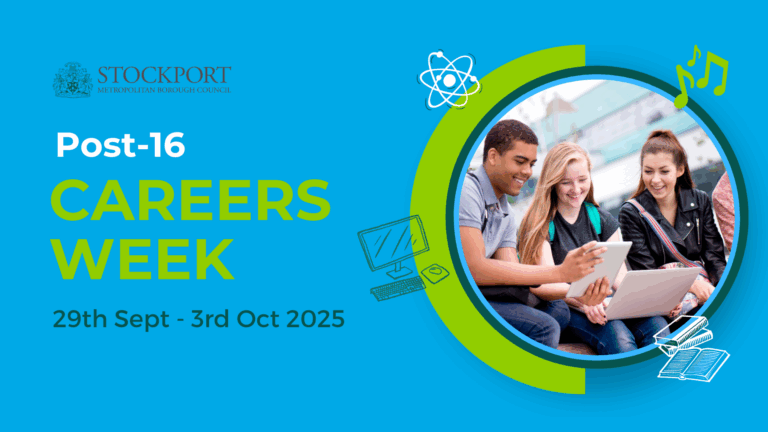Studying Non-Traditional Career Routes and Support for Alternative Provision
Considering studying non-traditional career routes? Perhaps the obvious choices like A-Levels or Apprenticeships aren’t right for you? Or you need additional support adapting to your next steps after secondary? Don’t worry, we’ve got you covered.
If you’re undecided, anxious, confused or wondering how colleges or training providers could adapt their offer to suit your needs, we can help. Rest assured – whatever your abilities or aspirations – there is a range of non-traditional career routes and study options available to you after secondary school to help you achieve your career goals and harness your potential.
Colleges and training providers offer a variety of courses designed to support and develop you. If, for example, you leave secondary without any formal qualifications you can still study entry level 2 and 3 courses, career development pathways, supported internships or foundation level 1 qualifications, as well as looking to re-sit your GCSEs at your own pace or take qualifications like functional skills.
- Career Development Pathways are for students who feel they need support to build their confidence to move into the world of employment, but do not yet have the skills to get paid work or to successfully complete a supported internship.
- Supported Internships are for students aged 16-25 who have an EHC Plan who want to work but need additional support to achieve this.
- Entry Level 2 and 3 programmes are designed to provide a variety of vocational, life and employability skills, and preparing students for adulthood and working life.
- Foundation Level 1 Courses are an opportunity to develop personal and social skills, as well as a work placement, which will help you progress on to further study or work.
Some of the additional support options that can be offered at colleges includes:
- Support at interview
- Transition support
- Assignment support
- Access to in-class support
- SPLD specific support
- Assistive technology and equipment
- Modification of learning materials
- Exam access arrangements
- Hearing/visual/mobility support
Choosing Non-Traditional Career Routes and Getting Support
The best starting point is to arm yourself with information about what’s available. Speak to your teacher, careers advisor, health worker, parents and carers to discuss what you need and explore the options that you be right for you.
Visit our Bitesize Videos where can hear some fantastic case studies from students and alumni sharing their experiences as well as practical top tips to make you feel confident about making decisions.









